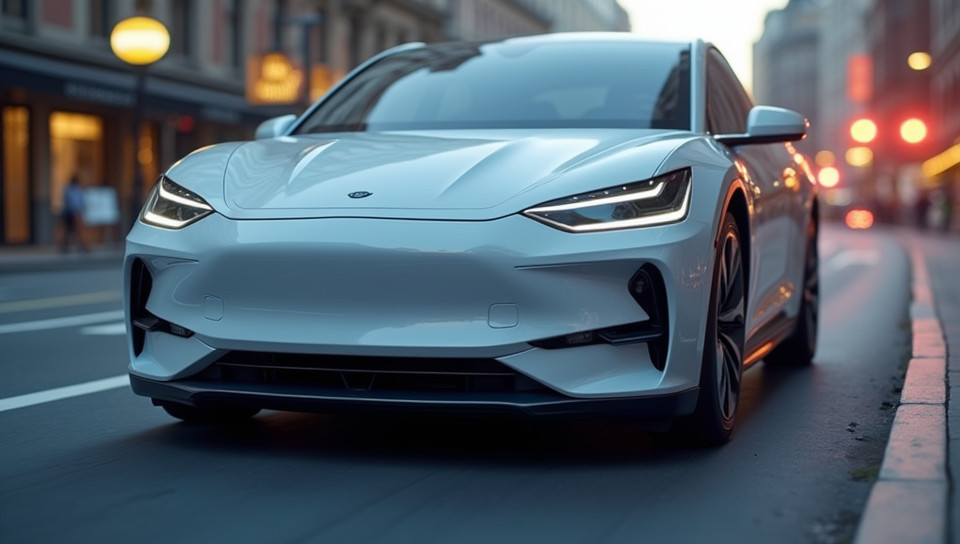Battery life in EVs has been significantly improved over years 81%

The Electric Vehicle Revolution: A Leap Forward in Battery Life
As the world shifts towards more sustainable and eco-friendly transportation options, electric vehicles (EVs) have become an increasingly popular choice for car buyers. One of the major concerns that has held back widespread adoption of EVs is their limited battery life. However, significant advancements in technology have led to a remarkable improvement in battery life, making EVs a viable option for long-distance driving.
The Early Days of Electric Vehicles
When electric vehicles first emerged on the market, their battery life was one of the major drawbacks. With ranges of around 60-80 miles per charge, they were only suitable for short commutes and local driving. However, as technology improved, manufacturers began to invest heavily in research and development to improve battery efficiency.
Advancements in Battery Technology
Several key advancements have contributed to the significant improvement in battery life:
- Improved chemistry: New battery chemistries such as lithium-ion and solid-state batteries offer greater energy density and longer lifetimes.
- Increased efficiency: Advances in manufacturing processes have led to more efficient production, reducing waste and improving overall performance.
- Thermal management: Improved cooling systems allow for faster charging and reduced stress on the battery.
Real-World Results
The benefits of improved battery life are evident in real-world driving experiences. Many EV owners report achieving ranges of over 200 miles per charge, with some even reaching up to 300 miles or more. This increased range has made EVs a practical option for families and long-distance drivers alike.
The Future of Electric Vehicles
As technology continues to evolve, we can expect even greater improvements in battery life. With many manufacturers investing heavily in electric vehicle research and development, the future looks bright for EV owners. Whether you're a seasoned driver or just considering making the switch, improved battery life makes electric vehicles an increasingly attractive option.
Conclusion
The significant improvement in battery life over the years has been a game-changer for electric vehicles. With ranges that rival traditional gasoline-powered cars, EVs are no longer limited to short commutes and local driving. As technology continues to advance, we can expect even greater improvements, making electric vehicles an increasingly practical option for car buyers around the world.
- Created by: Maël François
- Created at: Aug. 14, 2024, 10:47 p.m.
- ID: 7159